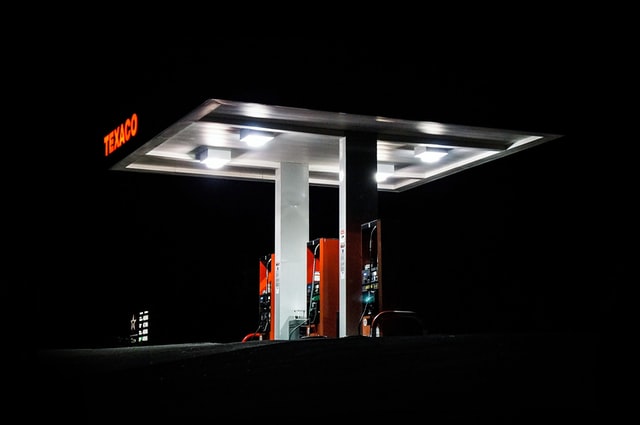How Biodiesel Effects Our Engines
What is Biodiesel?
Biodiesel is a renewable fuel that is created from waste such as used vegetable oils, animal fats and recycled restaurant grease. This may be included in fuel from various fuel distributors shropshire.
This renewable fuel can be used in diesel vehicles such as cars, commercial machinery, and tractors. It produces fewer emissions than the standard diesel made from petroleum.
Biodiesel can be used in a pure form known as B100, or it can be added to standard diesel in the form of B2, a blend of 2% biodiesel and 98% petroleum diesel, B5, a blend of 5% biodiesel and 95% petroleum diesel, B20, 20% biodiesel and 80% petroleum diesel, or B100 which is pure biodiesel.
Biodiesel in Red Diesel
Biodiesel has been introduced into red diesel since 2011, lowering the sulphur content of the fuel and reducing the emissions greatly! However, biodiesel can have a significant impact on the engines of a vehicle, so it is best additives are added to the fuel too.
Overall, the benefits of biodiesel on the environment outweigh the negative effects – let’s find out a little more…
What are the advantages of Biodiesel?
- It is a form of renewable energy that can be produced on demand and causes less pollution than standard diesel.
- It can be used in existing diesel engines.
- Fewer greenhouse gas emissions – for example using B20 reduces CO2 by 15%.
- Improved air quality – the probable pollutant is used up by what creates the fuel, so it helps to combat global warming and lowers the impact on air quality from pollution.
- It is safe to handle, store, and transport.
- It improves the fuels lubricity and cetane number of the fuel, helping moving parts of an engine last longer.
- The use of Biofuel reduced global oil and gas prices.
So, there are many good advantages to having biodiesel within our red diesel, but we also need to consider the following…
What is the negative impact of biodiesel on an engine?
Since Biodiesel has been blended into petroleum refined diesel fuel, the incidence of fuel filter clogging has increased. Diesel fuels blended with biodiesel are considered a risk for potential filter blockage. This is due to the sterol glucosides and bacteria in the fuel that can be causing the filter blockage. – it is a live fuel that has a reduced storage time, and shouldn’t be stored for over 6 months.
Biofuel also gels in colder temperatures which could be adding to filter blockages, so it is recommended that fuel storage tanks are kept undercover in extreme temperatures, which will also help prevent dampness in the tank.
Which fuel additives help with biodiesel blocking fuel filters?
Exocet Gas Oil Supreme is designed to benefit biodiesel blends, allowing modern diesel engines on EN590 DERV to run using red diesel.
Gas Oil Supreme prevents deposit formation throughout the fueling system, keeping the system clean and running at optimum performance, reducing blockages. It also benefits engines by compensating for biodiesels tendency for water pick-up.
The product will overall greatly enhance the performance of older vehicles too.

